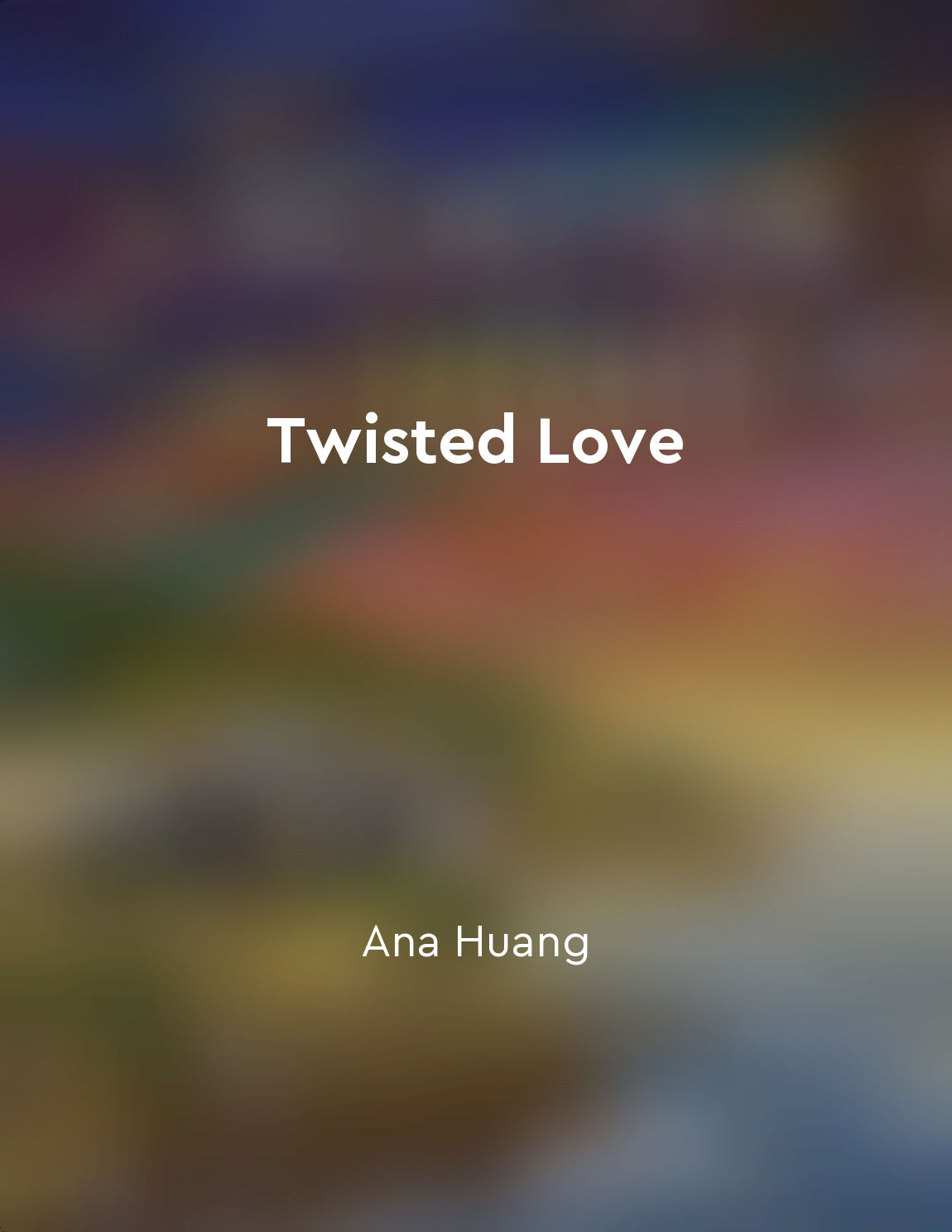The role of tradition in shaping personal beliefs from "summary" of The Prince of Tides by Pat Conroy
Tradition plays a crucial role in shaping our personal beliefs, like a river carving its path through the land. It flows through our lives, influencing our thoughts and actions in ways we may not even realize. In The Prince of Tides, this concept is vividly depicted through the experiences of the Wingo family. The Wingos are deeply rooted in the traditions of their Southern heritage, with a family history that stretches back for generations. These traditions are like threads woven into the fabric of their lives, guiding them in times of joy and hardship. The protagonist, Tom Wingo, is a product of this rich tapestry of tradition, carrying with him the values and beliefs instilled in him from childhood. Growing up in the South, he is surrounded by a culture steeped in tradition, from simple family rituals to complex social norms. These traditions act as a compass, helping Tom navigate the complexities of his world and providing a sense of identity and purpose. However, the influence of tradition is not always positive, as Tom discovers through the course of the novel. While some traditions offer comfort and guidance, others can be restrictive and oppressive. The weight of expectations and the burden of the past can shape personal beliefs in ways that are limiting and detrimental. Tom grapples with these conflicting forces, trying to reconcile the traditions of his upbringing with his own desires and aspirations. Throughout The Prince of Tides, Pat Conroy masterfully explores the intricate interplay between tradition and personal beliefs. He shows how tradition can be a source of strength and resilience, shaping our character and guiding our actions. At the same time, he highlights the dangers of blindly following tradition, urging us to question and challenge the beliefs that have been handed down to us. In the end, it is up to each individual to find a balance between honoring tradition and shaping their own personal beliefs.Similar Posts

Feelings resurface, leading to a complicated relationship
As much as I hated to admit it, being around him again brought back a flood of emotions I thought I had buried deep within me. ...
Healing familial wounds requires patience and commitment
Healing familial wounds is not a quick or easy process; it requires a great deal of patience and commitment. Family dynamics ar...
Change brings new opportunities
Wang Lung was a poor farmer who lived in a small village. His life was simple, revolving around the land that he tilled every d...
The pressure to conform can stifle individuality
In Nigeria, Nkem is expected to conform to societal expectations of marriage and motherhood. Despite her desire to pursue a car...
McBride's reflections on his upbringing
James McBride's reflections on his upbringing are filled with a mix of nostalgia, pain, and understanding. As he delves into hi...
History recounts experiences
History, as we know it, is a collection of stories passed down through generations. These stories are not just mere retellings ...
Cultural traditions preserved and lost
Throughout 'Homegoing', we witness the intricate web of cultural traditions being both preserved and lost over generations. The...
"Christabel" explores supernatural themes
The poem "Christabel" delves into the realm of supernatural themes, weaving a mysterious and eerie atmosphere throughout its na...
Navigating through chaos
In the midst of tumultuous times, it is vital to maintain a steady hand and a clear mind. Chaos may swirl around us, threatenin...

Education was seen as a path to success
The belief that education was the key to a better life ran deep within the community. Parents had sacrificed much to provide th...
